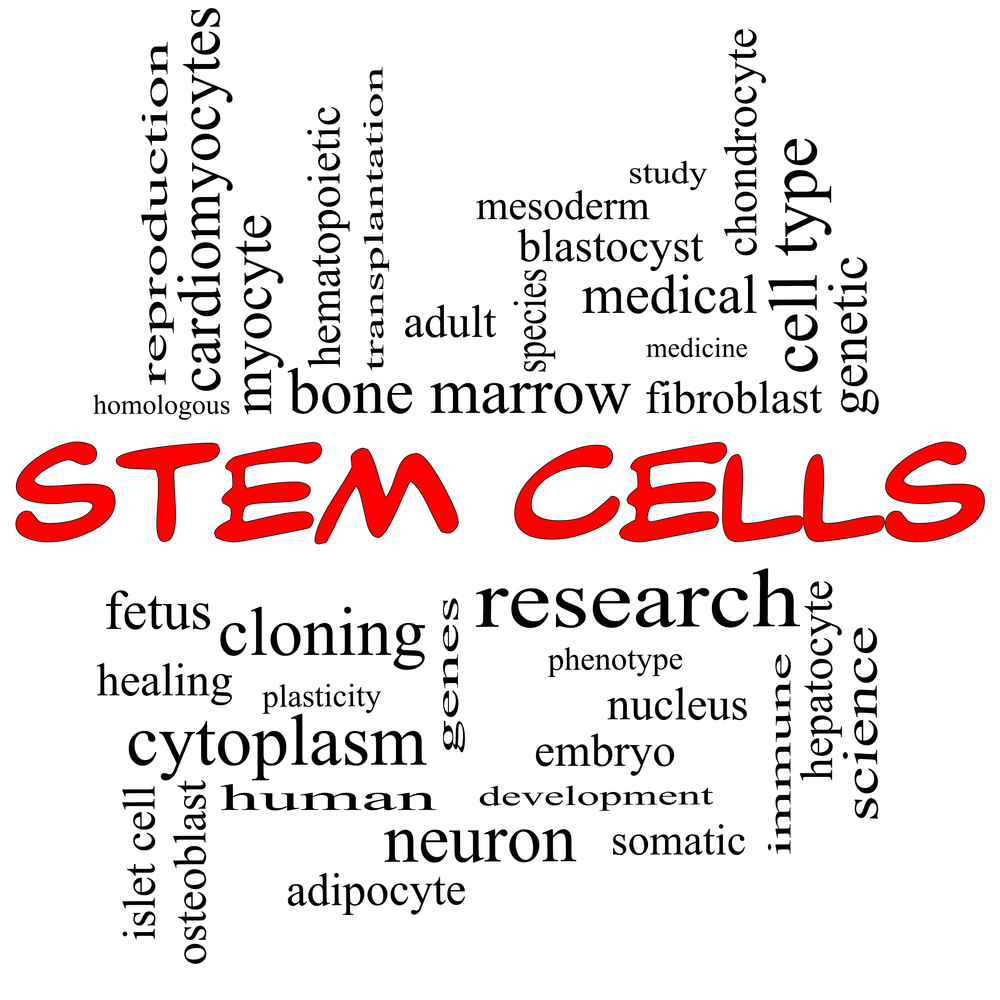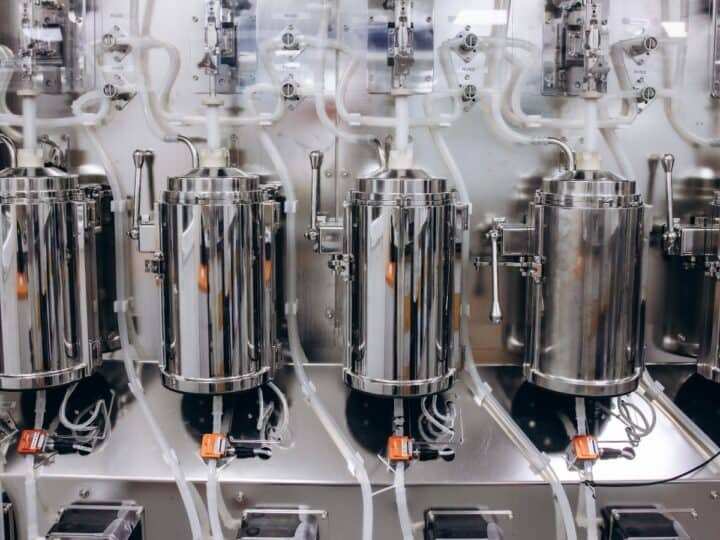The US Food and Drug Administration (FDA) has given Pluristem Therapeutics, a leading developer of placenta-based cell therapy products, the go-ahead to move forward with its innovative treatment approach for hematopoietic disorders.
Pluristem was given permission to begin its Phase I trial of PLX-R18 cells to treat incomplete hematopoietic recovery following Hematopoietic Cell Transplantation. The clinical trial is expected to begin in the coming months.
“The PLX-R18 product is designed to be an entirely new and innovative treatment approach for a wide variety of hematopoietic disorders, and might save the lives of severely ill patients with no alternative treatment options. We are encouraged by the strong pre-clinical data, and intend to pursue early market access in the US for this important clinical indication,” said Pluristem Chairman and CEO, Zami Aberman.
PLX-R18 is Pluristem’s second cell therapy product cleared for clinical studies by the US FDA.
Bone marrow failure is the inability of bone marrow to produce sufficient numbers of platelets, white or red blood cells. This inability may result in serious illness or death, because these cells are necessary to prevent hemorrhage, infection or severe anemia.
To date, the only cure for bone marrow failure is Hematopoietic Cell Transplantation, although supportive therapies and treatments can reduce symptoms and prolong life for some patients. The hematopoietic cells for HCT can come from a donor or from the patient, and can be harvested from peripheral blood, bone marrow or umbilical cord blood.
Preclinical data from trials conducted by the US National Institutes of Health, Hadassah Medical Center, and other prominent research institutions have shown that PLX-R18 cells secrete a range of specific proteins that trigger the resurgence of progenitor cells, supporting the recovery of blood cell counts. By this mechanism of action, PLX-R18 could potentially treat a broad range of hematologic indications.
Pluristem’s proprietary, three-dimensional expansion technology can grow mass quantities of commercial-grade cells with batch-to-batch consistency. The cells are off-the-shelf, requiring no tissue matching prior to administration, making the treatment cost effective and readily available in virtually any medical setting.
Fighting for Israel's truth
We cover what makes life in Israel so special — it's people. A non-profit organization, ISRAEL21c's team of journalists are committed to telling stories that humanize Israelis and show their positive impact on our world. You can bring these stories to life by making a donation of $6/month.








